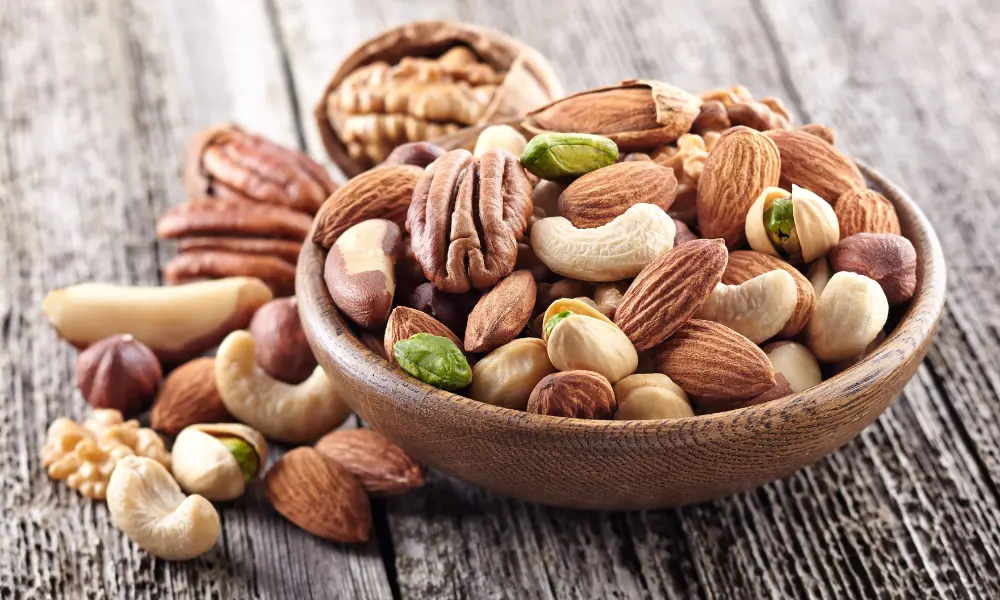Diabetes is one of the serious non-communicable diseases (NCD) affecting millions worldwide. Diabetes is no longer the disease of middle-aged and elderly. Instead, an increasing number of children and adolescents are being diagnosed with this chronic condition.
Further, 20% of India’s population is in the adolescent age group currently, i.e., around 250 million, which is a considerable number, and according to a report by the ICMR, the prevalence of diabetes among children and adolescents has more than doubled in the past decade, indicating a concerning trend.
With growing digital dependence, we are moving less, leading to an increase in weight, which is one of the major factors causing type 2 diabetes. Further, habits like consumption of high-calorie, high-salt, sugar, and fat-rich foods and a decline in the consumption of fruits, vegetables, and whole grains have exposed us to the risk of developing diabetes.
Substantial dietary shifts, which may include increasing the intake of healthy foods such as legumes, millet, whole grains, fruits, vegetables, and nuts and reducing the consumption of less healthy foods such as added sugars and red meat, may reduce the chances of diabetes.
Habits to reduce the risk of diabetes:
-
Limit consumption of processed foods: One must not consume processed and fast foods as they are high in unhealthy fats, added sugars, and salt, which contribute to poor blood sugar control and weight gain.
-
Avoid FAD diets: FAD diets may cause a deficiency of micronutrients as they eliminate entire food groups or promote extreme restrictions. This is extremely harmful to our health.
-
Limit Sugar intake: One must control the consumption of foods high in sugar and beverages such as sodas, energy drinks, candies, and sweets. These items can lead to a rapid increase in blood sugar levels.
-
Stay away from Alcohol: Become aware of the health hazards of smoking, alcohol, and illicit substance use, and do not try them even under peer pressure.
-
Avoid skipping meals: One must eat meals at regular times. Skipping meals or long gaps between meals can lead to unhealthy binging on sugary foods and imbalances in blood sugar levels.
-
Limit your screen time: Get involved in outdoor play and social interactions to stay mentally and physically fit.
Dos to reduce the risk of diabetes:
-
Balanced meal everyday: Include foods from all food groups (cereals/millets, dals/legumes, egg/fish, dairy, veggies and healthy fats) to improve the dietary diversity and meet all the nutrient requirements.
-
Portion sizes: One must avoid overeating, as excessive calorie intake can cause weight gain, increasing the risk of diabetes.
-
Increase fiber intake: Foods like whole grains, legumes, fruits, vegetables, and nuts are rich in fiber, which helps slow the absorption of sugar, and support overall digestive health. Hence, one must include these foods in your meals.
-
Manage stress: Socialize with family and friends, do some yoga, and read or listen to music to stay away from stress.
-
Stay hydrated: Drinking sufficient water in important. Dehydration can affect blood sugar levels, yet many adolescents do not drink enough water. Carry a water bottle and choose water over sugary drinks to maintain proper hydration. Go for coconut water, nimbu pani, soup or green teas instead of aerated drinks. This will help in maintaining sugar levels as well as reduce the sugar cravings.
-
Get on a regular exercise routine: Engage in any physical activity (running, swimming, cycling, football, dancing) for at least 60 minutes every day. This can help maintain a healthy body weight and improve insulin sensitivity.
What we eat impacts our health majorly. Therefore, choose healthy options along with staying active so that the blood sugar levels do not spike and the risk of developing diabetes is considerably reduced. To consult a GP, CLICK HERE.





